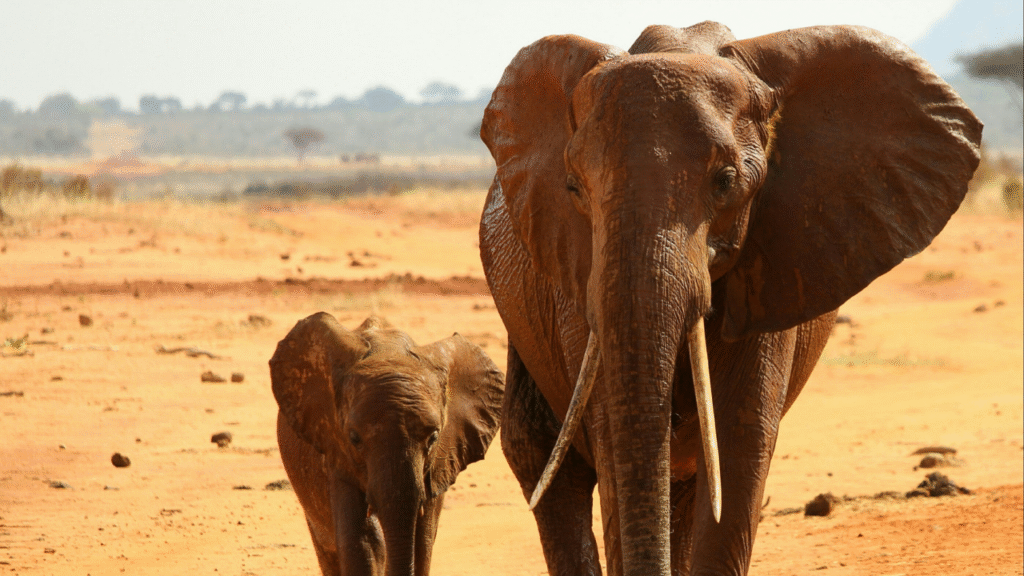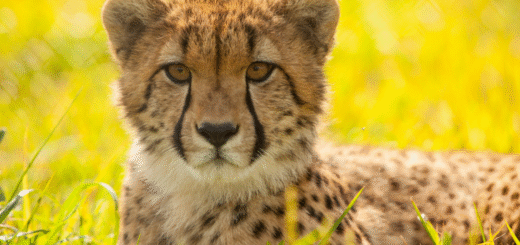How Elephants Sleep and Rest in the Wild: Secrets of the Giants’ Slumber
When we think of elephants, we often imagine massive, powerful creatures roaming the savannah or jungle with quiet grace. But have you ever wondered how these giants sleep? Unlike many animals, elephants have unique sleeping habits shaped by their size, intelligence, and wild environment. In this article, we’ll explore how elephants sleep and rest in the wild, including fascinating insights into their posture, sleep cycles, and behavior.

How Long Do Elephants Sleep?
Wild elephants are known to sleep less than almost any other mammal. On average, they sleep only 2 to 4 hours per day, usually at night. This limited sleep might surprise you, especially considering their size and energy needs.
Research using GPS collars and motion sensors shows that elephants in the wild may even go several days without sleep, especially when migrating or avoiding predators and poachers. They make up for this by taking short naps or resting while standing.
Standing vs. Lying Down: How Do Elephants Sleep?
One of the most unique aspects of elephant sleep is their ability to sleep standing up or lying down.
- Standing Sleep:
Elephants often sleep lightly while standing, especially during the day. This allows them to stay alert to danger and reduces the effort needed to rise—important for a creature that can weigh over 6 tons. - Lying Down Sleep:
For deeper, more restful sleep, elephants will lie down—usually at night. However, this is done only in safe, familiar surroundings. Deep sleep (including REM sleep) almost always occurs in this lying-down position.
Interestingly, elephants rarely lie down for more than an hour or two, and not every night. Lying for too long can put pressure on their internal organs and limbs.
Do Elephants Dream?
Just like humans and many mammals, elephants experience REM (Rapid Eye Movement) sleep, which is associated with dreaming. However, they get very little REM sleep, often just 20–30 minutes every few days. Still, this brief REM sleep seems to be enough to keep their cognitive functions strong.
Their dreams—if they exist—remain a mystery. But considering elephants are known for their strong memory and emotional intelligence, it’s quite possible that their dreams are meaningful.
Why Do Elephants Sleep So Little?
There are several reasons elephants sleep minimally in the wild:
- Predator Awareness:
Despite their size, baby elephants are vulnerable. Herds stay alert at night to protect their young from lions, hyenas, or human threats. - Constant Movement:
Elephants spend up to 18 hours a day foraging for food and water. Their massive bodies require vast amounts of vegetation. - Environmental Pressures:
In areas affected by drought or human activity, elephants may travel long distances to find food, leaving little time for sleep.
Where Do Elephants Sleep?
Wild elephants don’t have fixed sleeping spots like some animals. Instead, they rest wherever the environment is safe and quiet. In savannahs, they might sleep under trees for shade, while forest elephants may rest in dense cover.
Elephant herds also rotate resting roles—some remain standing as sentinels while others lie down, ensuring that danger is always detected early.
Conclusion
Elephants sleep in short, strategic bursts, either standing or lying down, often with incredible awareness of their surroundings. Their unique sleep behavior reflects their intelligence, social structure, and survival instincts.
Understanding how elephants sleep in the wild not only adds to our appreciation of these gentle giants but also highlights the importance of protecting their natural habitats. Every moment of rest is precious—and in the wild, it’s a matter of survival.








